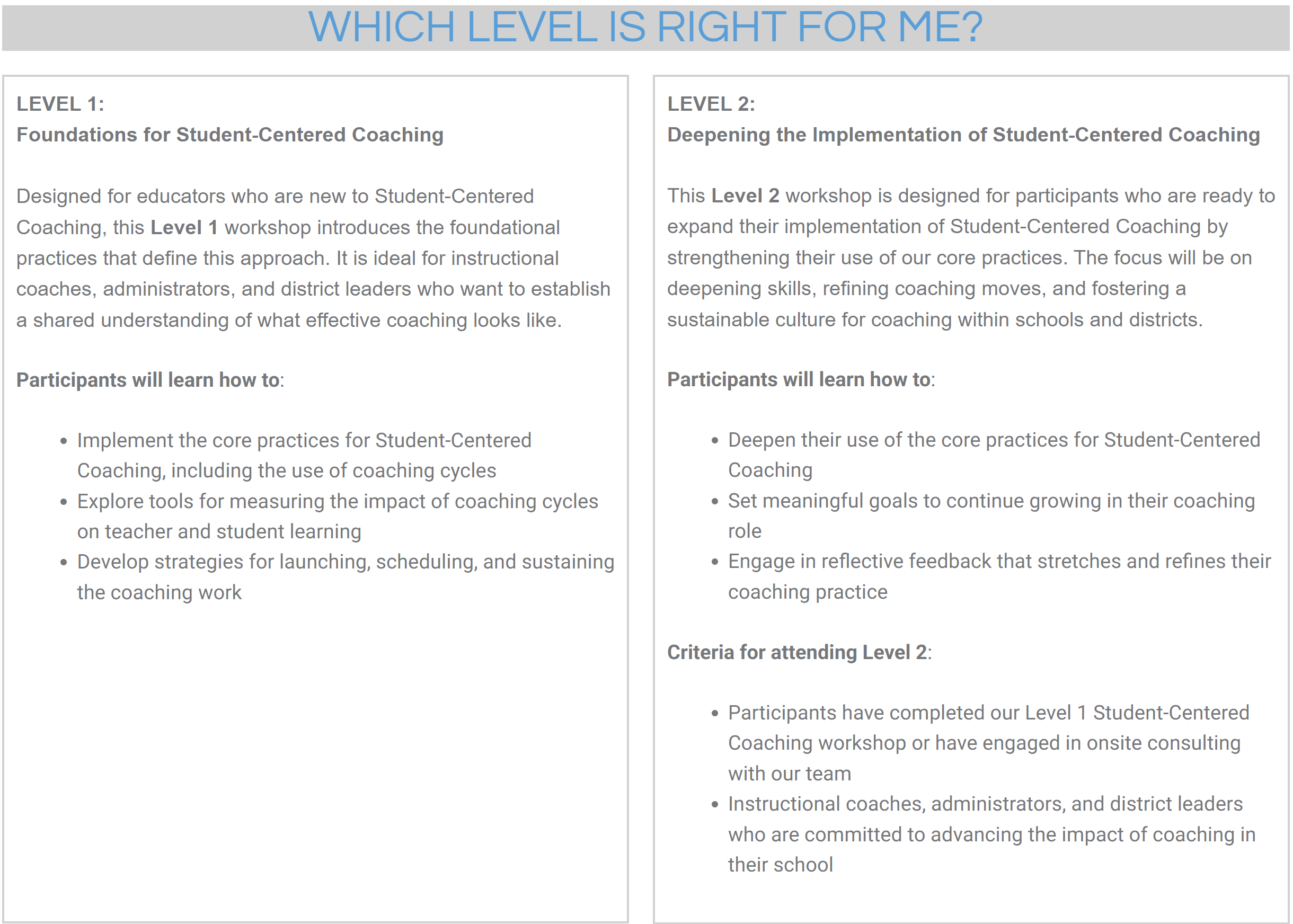If you’ve spent any time in a secondary ELA classroom, you have more than likely encountered a research paper. If you’ve been in those classrooms as a teacher, then you’ve wadded through the grading gauntlet which is student essays. Even though I love my discipline, I found myself dreading the traditional research essay, and I’m sure my students were also feeling the dread. Here was my reality: It’s April, and we’ve just returned from Spring Break. It was time to roll out the freshman English research project every student completes to show their progress in writing skills, evidence documentation, and formatting. I don’t want to do it, but I have to. There must be a different way.
I first made changes to the way research assignments looked in my class by giving students more in class time to write and by conferencing with students to get a glimpse of their work way before that final paper was ever submitted. I was more engaged with their writing and their process. It required a more hand-on approach. This series of frequent check-ins allowed for more formative assessments to take place before arriving at one big final summative assessment score. I saw growth in their writing and in their confidence in research, but I still felt something more needed to change to help engage students.
“…provides an authentic audience beyond the classroom which helps shape the final products students create.”
So, in the spring of 2019 I heard about NPR’s Student Podcast Challenge. I immediately knew this was how I wanted to rethink the research paper in my class, and I’ve spent the past five years implementing and shifting research towards podcasting. The NPR challenge provides an authentic audience beyond the classroom which helps shape the final products students create. I am still able to meet the curriculum standards but in a way which has reinvigorated my teaching of this staple to the ELA classroom.
Here are some key areas I’ve woven into this remodeled research unit for success:
Exposure to a new storytelling medium
One major hurdle was getting students acquainted with the format of podcasts and how they incorporate factual information, interviews, and overall pacing. Get them listening and critiquing episodes as soon as possible. I love letting them explore topics they enjoy during this phase to help them engage with this medium. This time also allows for great discussions about what they like and dislike about certain episodes. We create a running list of these things in the classroom to come back to during the creation phase
Plan–Create–Outline
Find ways to get students creating mini-recordings to help them get to know whatever recording and editing studio they will be using. I like using a site called SoundTrap, but there are numerous options that could fit a classroom’s needs. These mini-recordings allow students to build stamina with creating audio quality as well as perfecting their planning. This is a crucial step where I have students creating and writing outlines to still meet writing standards for class. They are outlining their mini-episodes, including in-text citations, helping demonstrate the required researching skills.
Topics and Research
This is where I pivot our focus to the final product that will demonstrate student knowledge and skills as writers and creators. I have found this piece works best if students have already had exposure and practice with the elements of research you are wanting them to display (works cited pages, in-text citations, annotated bibliographies, etc.). This prior knowledge alleviates an extra teaching burden as the teacher works to support an audio product that may be new to many students.
Checking in with Formative Assessments

One thing I learned over time was to have students submit portions of their recordings as formative assessments. This allowed me to get a pulse on where they were with their recordings and could give timely feedback. These assessments correspond to the typical portions of a research paper including introductions with thesis statements and arguments, body paragraphs with evidence (both written and recorded interviews), and conclusions.
Feedback, Feedback, and more Feedback
The most powerful thing I’ve done with this project is scheduling a rough draft sharing week where everyone in the class has their podcast played aloud for the whole class to hear. Every student in class is given a notecard where they have to provide at least one strength and one area of improvement for their classmate’s podcast. Getting this immediate feedback from peers encouraged students to think through the product they were presenting. I also record my feedback for students to make adjustments for their final draft.
Final product & Reflections
After all students have received feedback, it’s back to editing their final products for submission. Having students reflect on their experience creating a podcast reveals strengths and weaknesses about the assignment. I’ve used these to adapt and change aspects of this assignment each year.
Project Variety
Students have engaged in traditional research or debate topics, but my most recent class of students paired up with our local librarians and our welcome center to focus on learning about areas of our community. Although the research component was a bit more difficult, the reward and community impact were great The completed and published community podcasts can be found here.
“My students are creating authentic representations of their knowledge which are meeting multiple components of the curriculum.”
The results of rethinking the research paper have been transformative for my students and for my teaching. My students are creating authentic representations of their knowledge that are meeting multiple components of the curriculum. From standards like conducting sustained research to build knowledge of the research process to integrating multiple sources in diverse formats to making strategic use of digital media the curriculum and standards are alive in what was once a static traditional assignment.
Resources
Please login or register to claim PGPs.
Alternatively, you may use the PGP Request Form if you prefer to not register an account.




